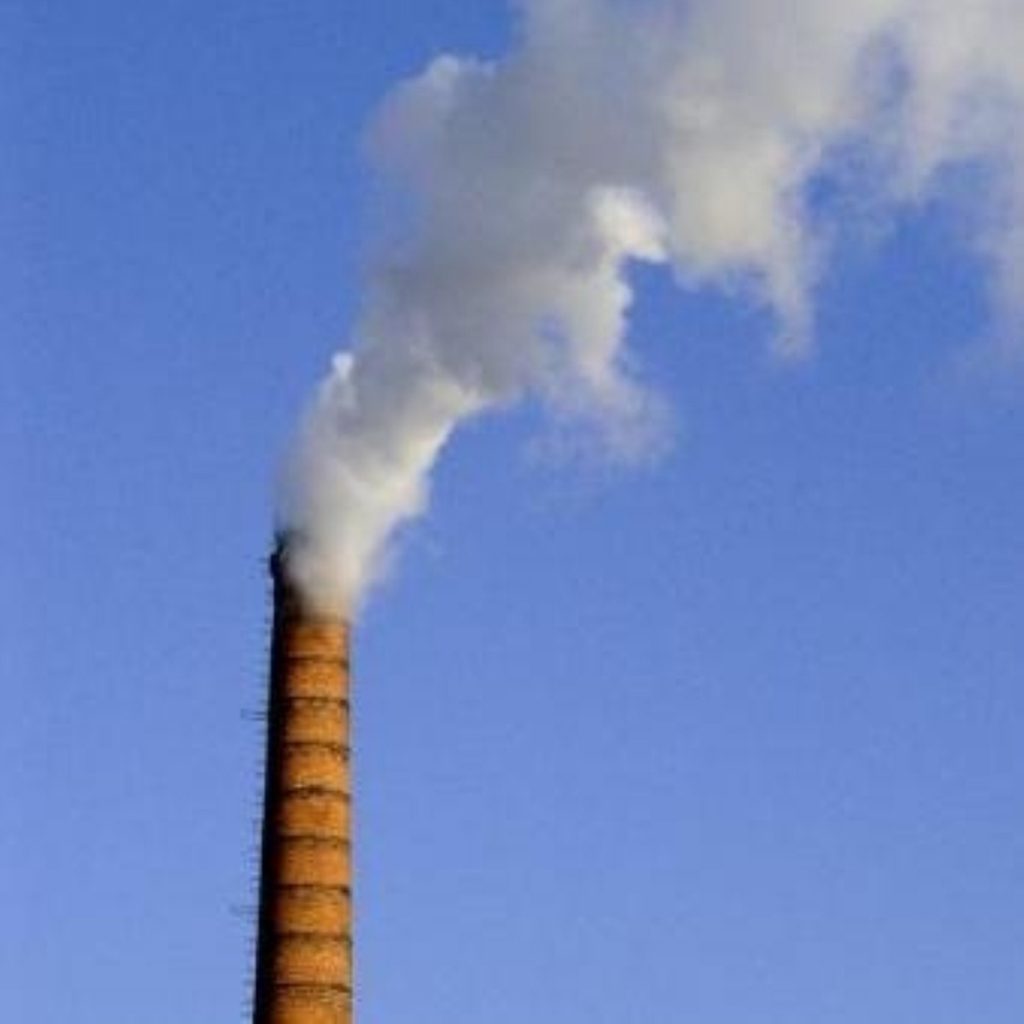Campaigners urge reform of environmental law
A coalition of leading environmental charities has called on the Government to improve access to ‘environmental justice’.
The Coalition on Access to Justice for the Environment (CAJE), which includes representatives from Friends of the Earth, Greenpeace and the Environmental Law Foundation, argues that the current legal system is blocking legal action on environmental issues.
CAJE argues that the risk of facing ‘unknown’ – and potentially enormous – legal costs deters individuals and community groups from bringing a challenge under environmental law, even if the law is on their side.
Friends of the Earth legal advisor, Phil Michaels, said: “There is an urgent need to reform the justice system so that people can afford to seek justice on environmental grounds. The current system heavily penalises those who wish to use the law as a last resort to try and uphold environmental law and protect the environment.”


CAJE points out that communities wishing to challenge, for example the opening of a waste landfill site next to a school, could face legal costs of more than £100,000.
It noted that the Labour Party first recognised the problems of cost disincentive in this type of case ten years ago and pledged to reform the justice system, for example through the creation of an environmental division of the High Court which would operate revised cost rules. Mr Michaels, added: “It is time the Government listened to the advice of legal experts and made good the promise it made a decade ago.”
The call for change comes on the day of a Government led conference in London on environmental justice, attended by Environment Minister Elliot Morely, Solicitor General Harriet Harman and stakeholder groups.
A spokesman for the Department of the Environment, Food and Rural Affairs told politics.co.uk that key issues on the table included access to information and advice, the funding of legal action, the use of environmental courts and tribunals and the possibility of increasing the use of civil, rather than criminal, penalties to provide a more appropriate and cost effective route to justice.
Though no white paper or bill is imminent, there is the possibility that an environmental justice bill might be included in Labour’s next election manifesto.












